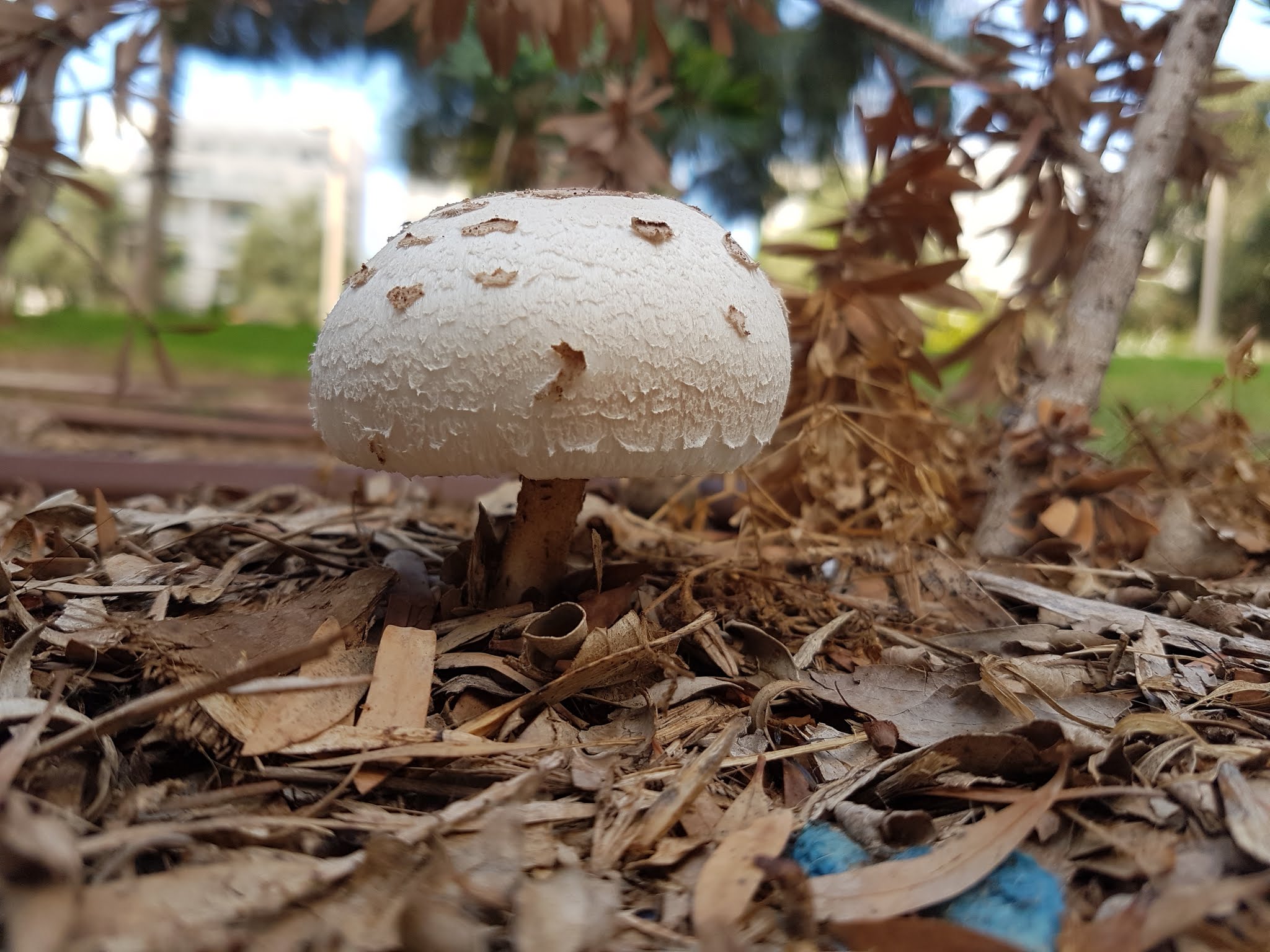Toward Reptile Conservation
October 19, 2018Recent mapping research provides a new avenue for development of conservation efforts
The Acanthodactylus beershebensis, commonly known as the Be’er Sheva Fringe-Fingered Lizard is one of many endangered reptiles in Israel. This particular reptile is featured on the recent Zoological Society of London list of the 100 Evolutionarily Distinct and Globally Endangered Reptiles.

The lizard, whose species is local to only certain areas of the country, is decreasing rapidly in numbers, partly due to human encroachments. These include intensive agriculture and urbanization. The lizard is considered critically endangered as listed on the International Union for Conservation (IUCN) Red List. Distribution mapping, an important tool in the planning and execution of conservation measures, has been a recent project bringing light to lesser known threats to reptiles.
Scientists with the Global Assessment of Reptile Distribution, (GARD), comprised of 39 researchers, are completing a mapped database. This team is led by professor Shai Meiri of Tel Aviv University and Dr. Uri Rol. Dr. Rol, a conservation biologist at Ben Gurion University of the Negev, has worked on the project for almost a decade.
Relative to its size, Israel is rich in reptile species, some of which are endemic (unique to a specific location) or partially endemic to the region. Endemic species have a limited distribution range, and are even more susceptible to various threats to their habitats.
The maps detail the global distribution of 10,064 reptiles, 99% of known terrestrial species. The research also demonstrates the shortcomings of existing conservation schemes for reptile protection and the limitations of inferring from data on certain species for the purpose of protecting others. The new data reveals the inadequacies of existing conservation programs towards reptile protection.

Dr. Roi comments that “reptiles are less attractive – for the public as well as for the research community.” However, reptiles play crucial ecological roles in the food chain; both as predators and as prey, and in supporting seed dispersal. Terrestrial reptiles consist of several distinct groups: crocodiles, lizards, turtles, and snakes, as well as the single-species group; the New Zealand Tuatara. These animals, as many others, merit a significant level of attention and dedication to protection.
Designating land for conservation can sometimes reduce revenue from agriculture and other economic activities. When the research team assessed the opportunity costs, the scope of revenue loss in the new priority areas showed the lowest opportunity cost compared to other vertebrates. This suggests that focusing on lizard hotspots for conservation is actually more cost-effective. Adding reptiles, especially lizards, to conservation priority schemes shifts the focus to new critical locations. Moreover, this actually leads to better representation of all vertebrates in hotspots.
The team expects to release an online version of its catalogue and atlas in October 2018, which will contain the distribution maps for each of the species. The map will be used to improve the conservation status classification for vertebrate species in the IUCN Red List of Endangered Species.
Dr. Rol highlights the need to “better manage or cease harmful human activities, extend protection status to vulnerable habitats – especially unique habitats that are shared among several threatened species – to control freshwater pollution and develop captive breeding programs for certain species. Increasing public awareness is critical, especially about those less-known aspects of conservation, such as protecting reptile species.” The be’er Sheva Fringe-Fingered Lizard may be one of many species helped with the data collected by these scientists.







